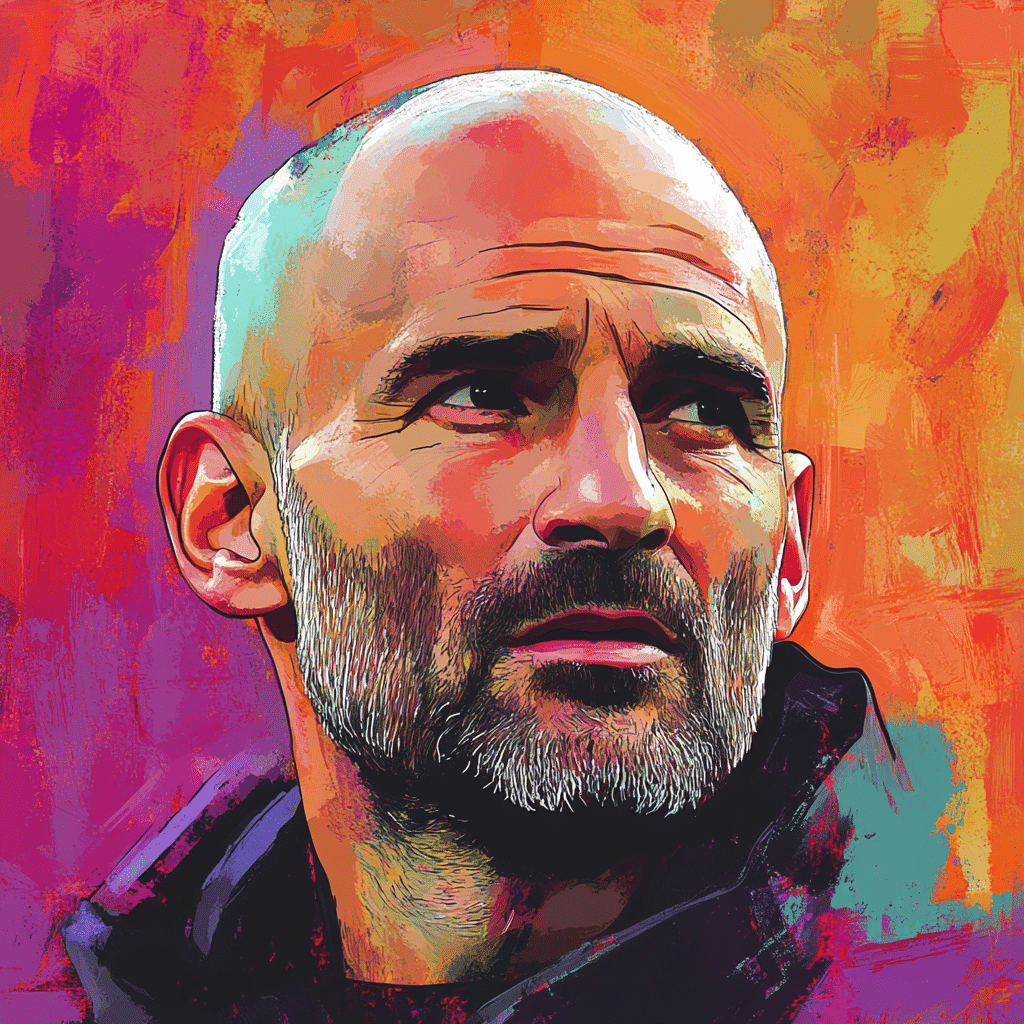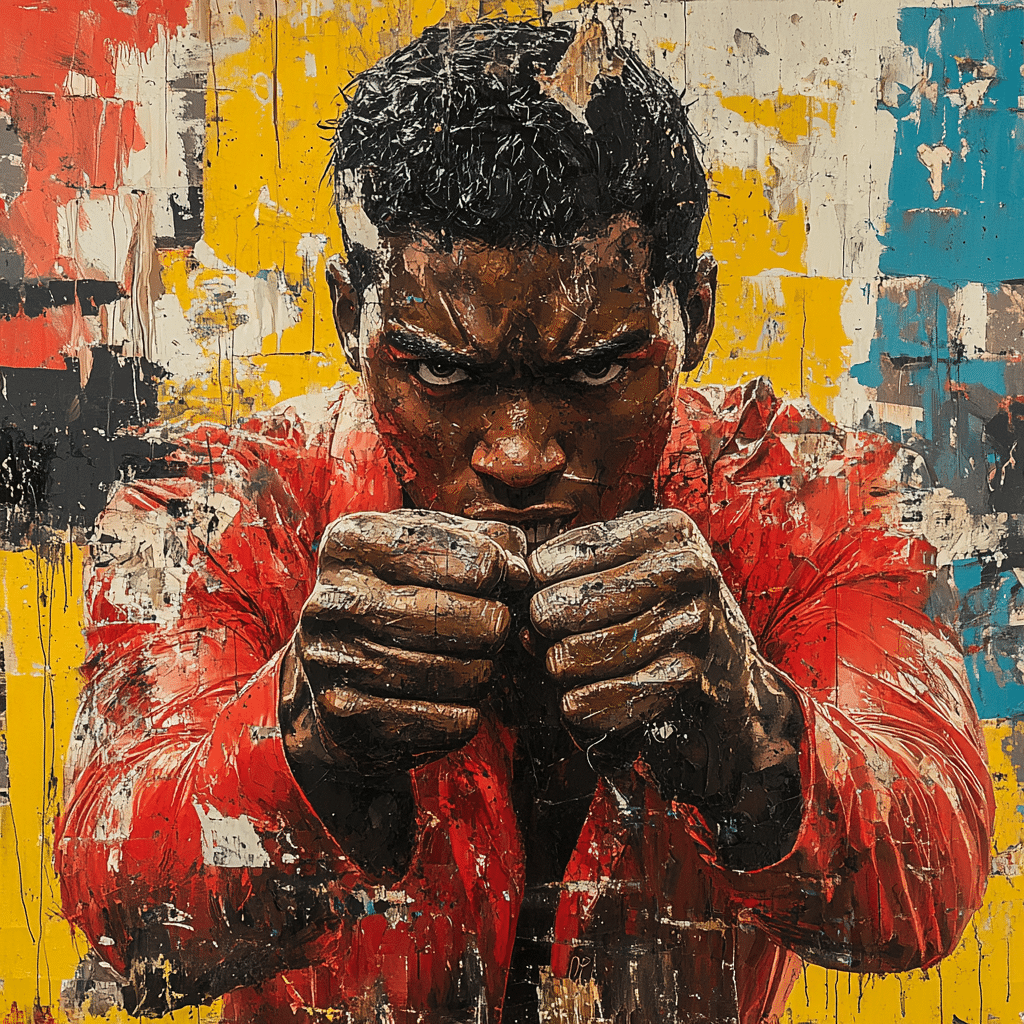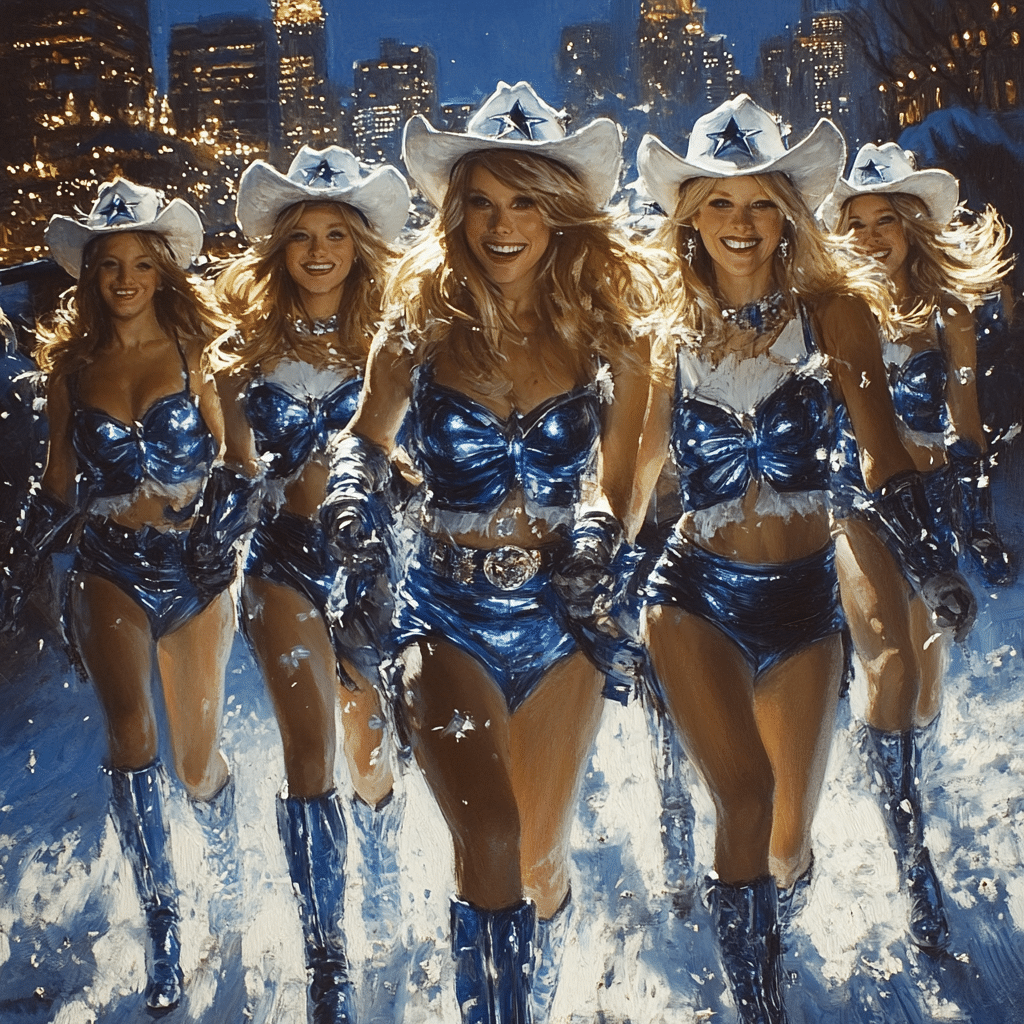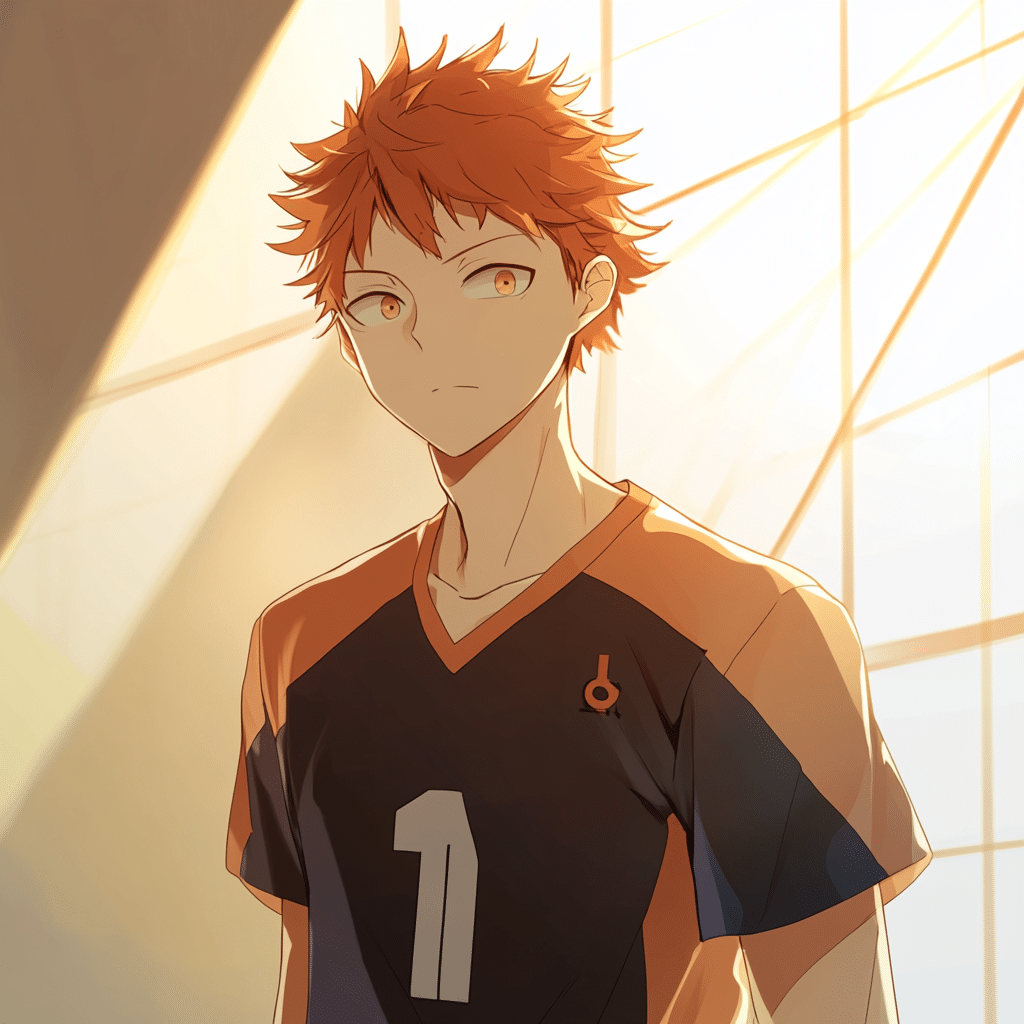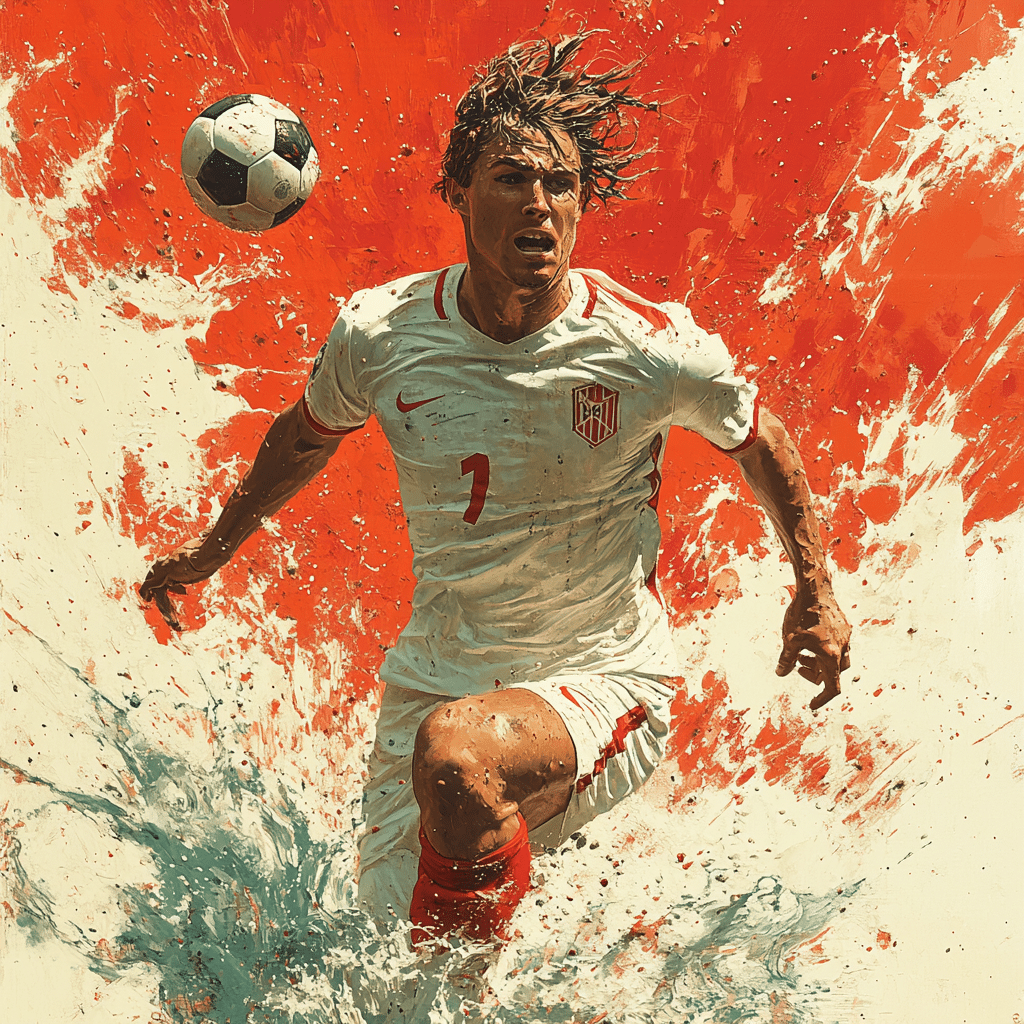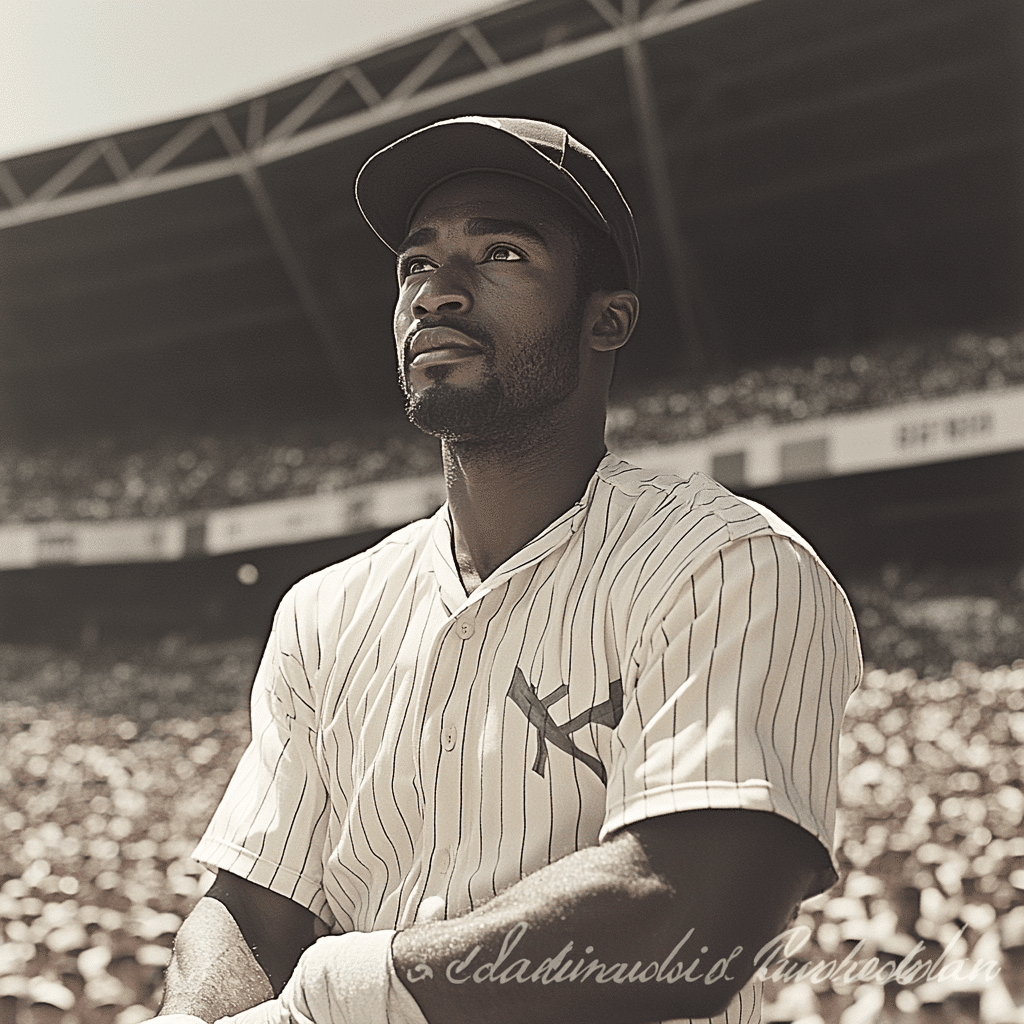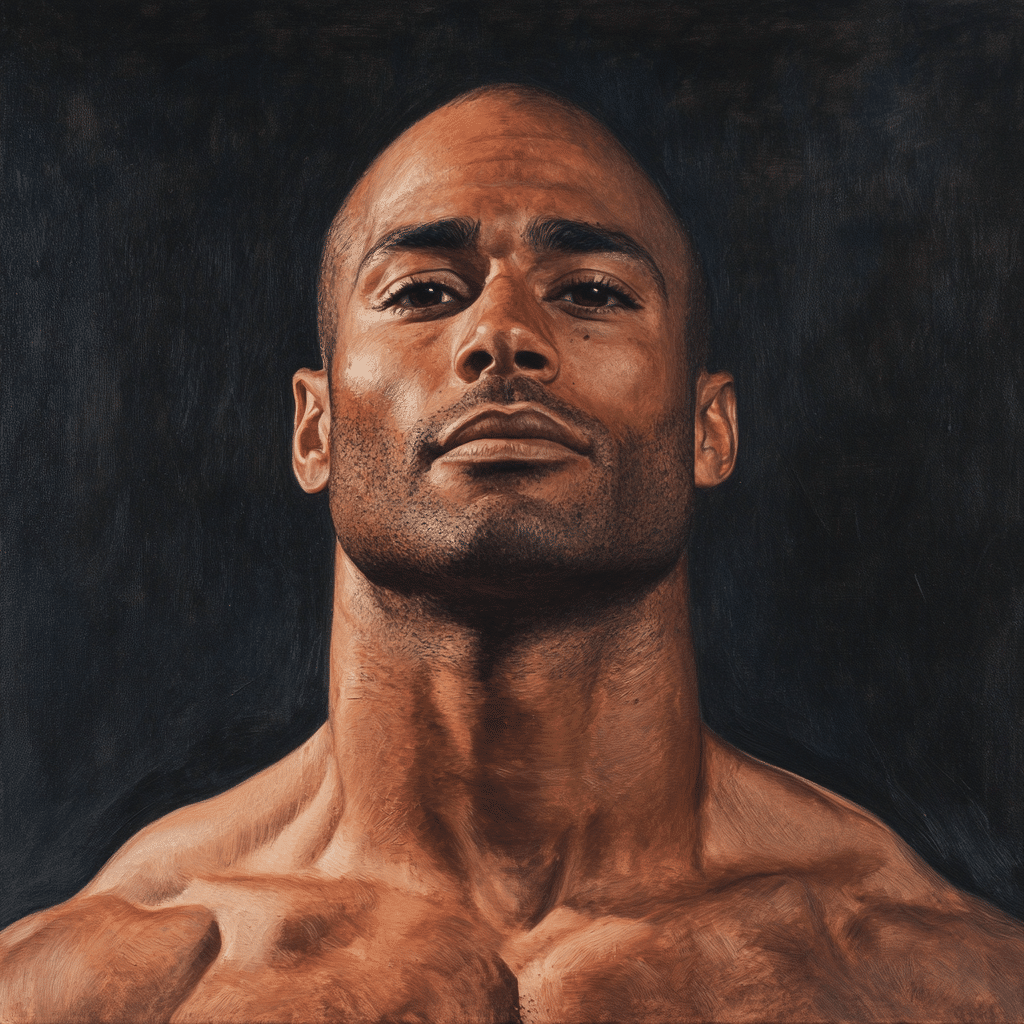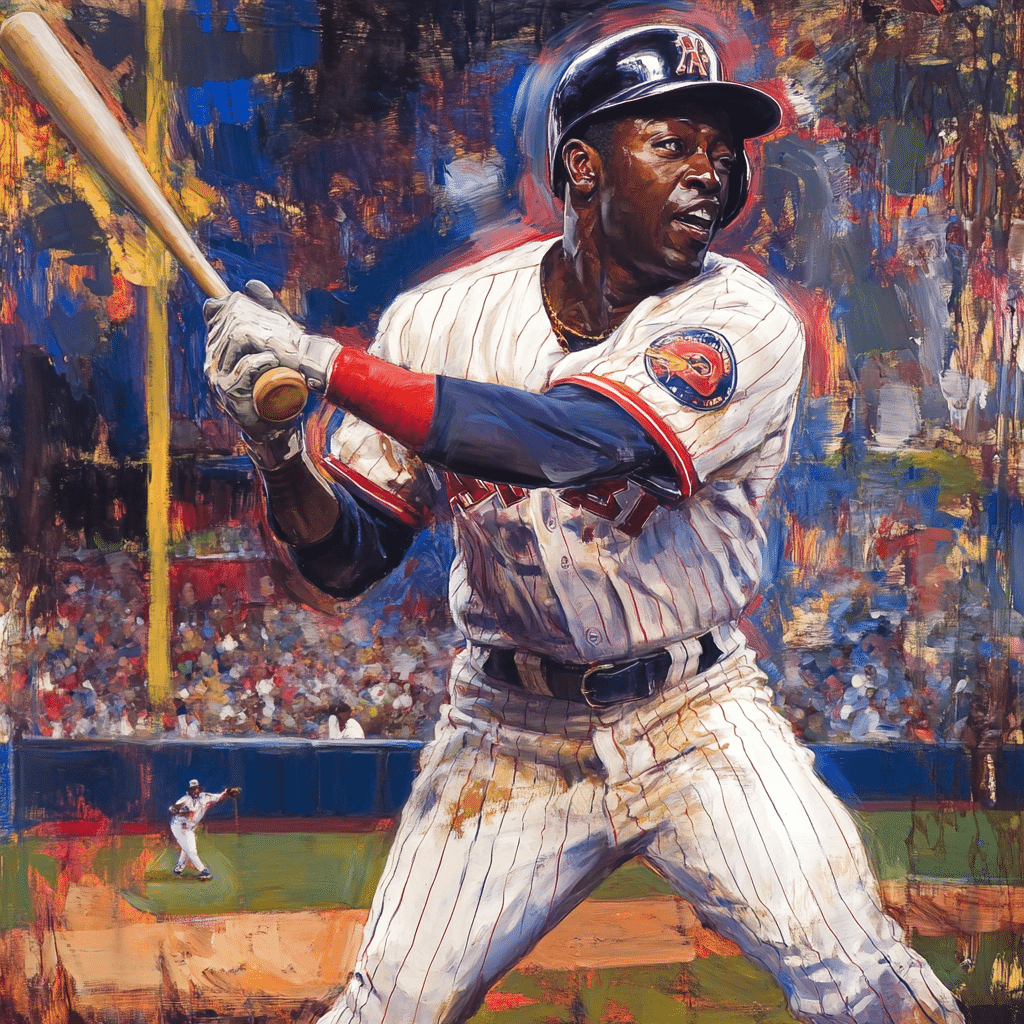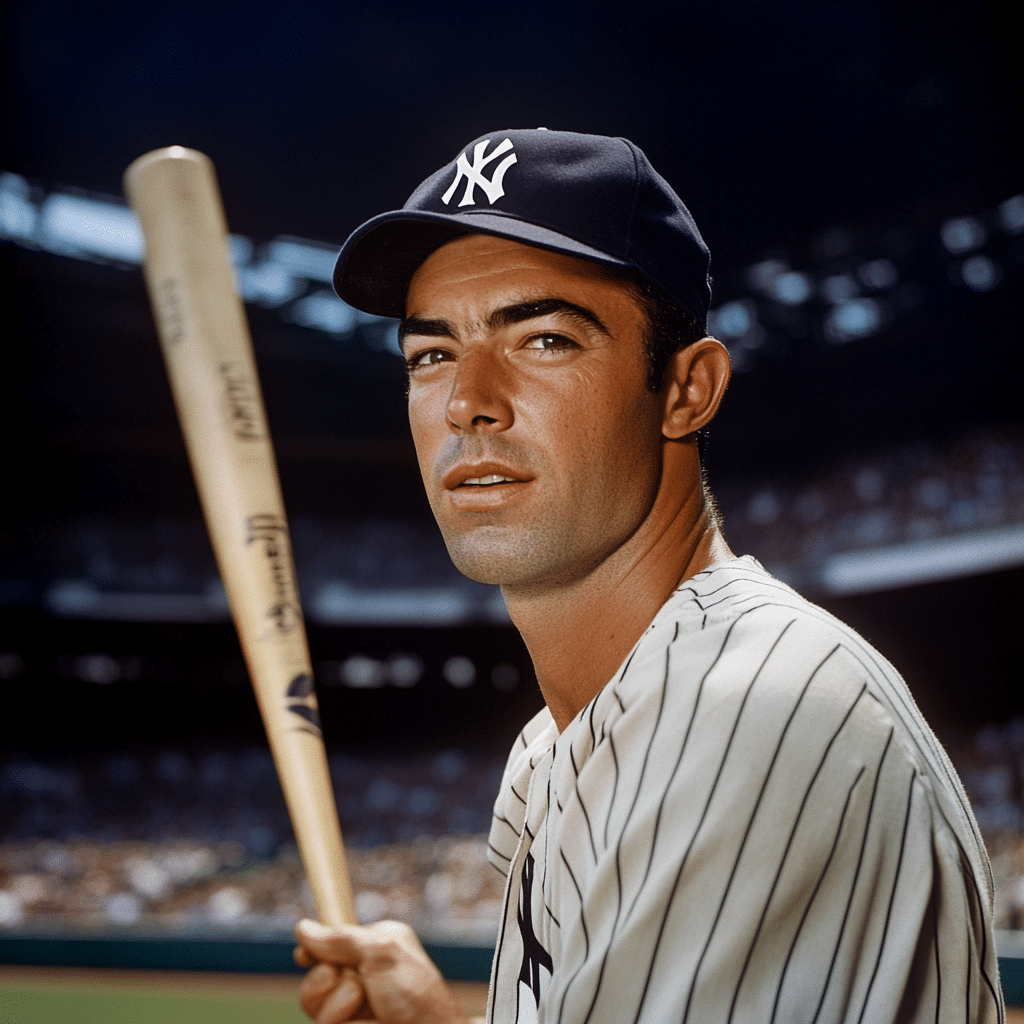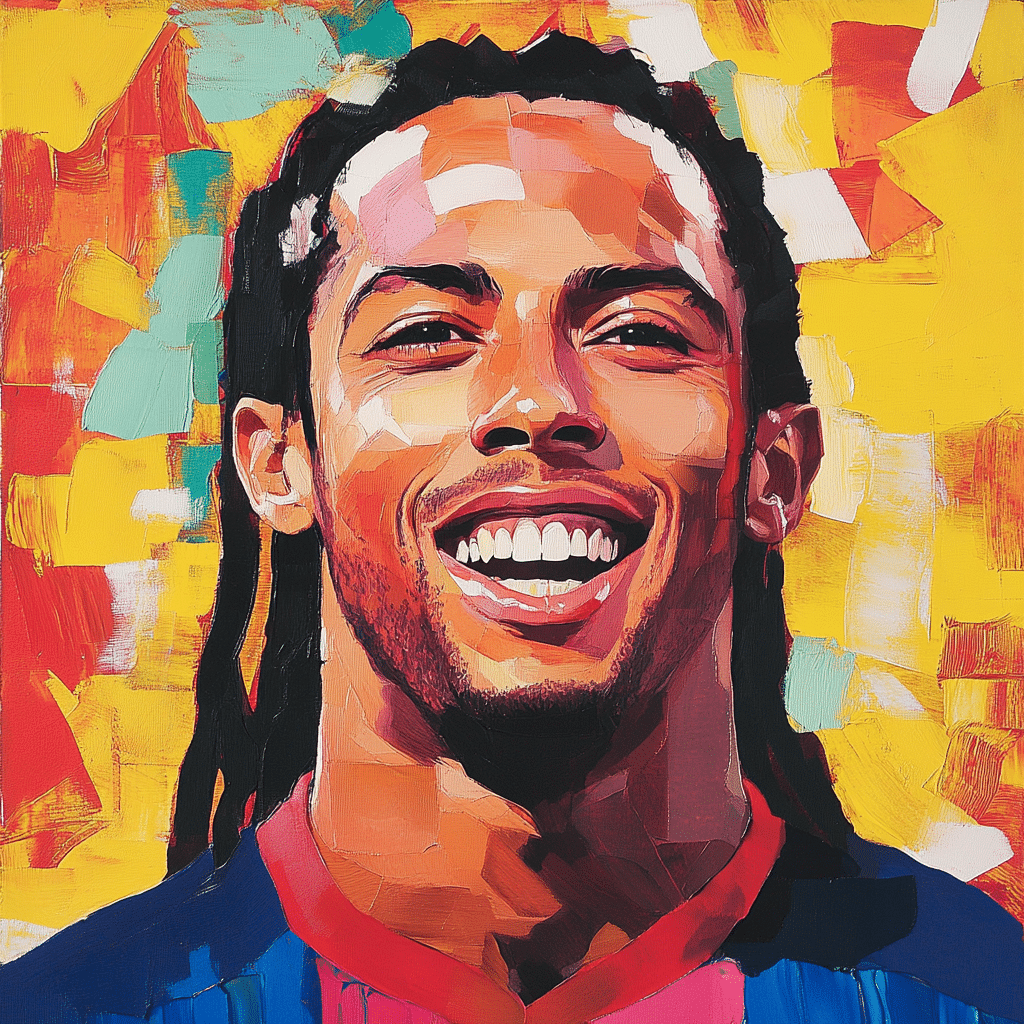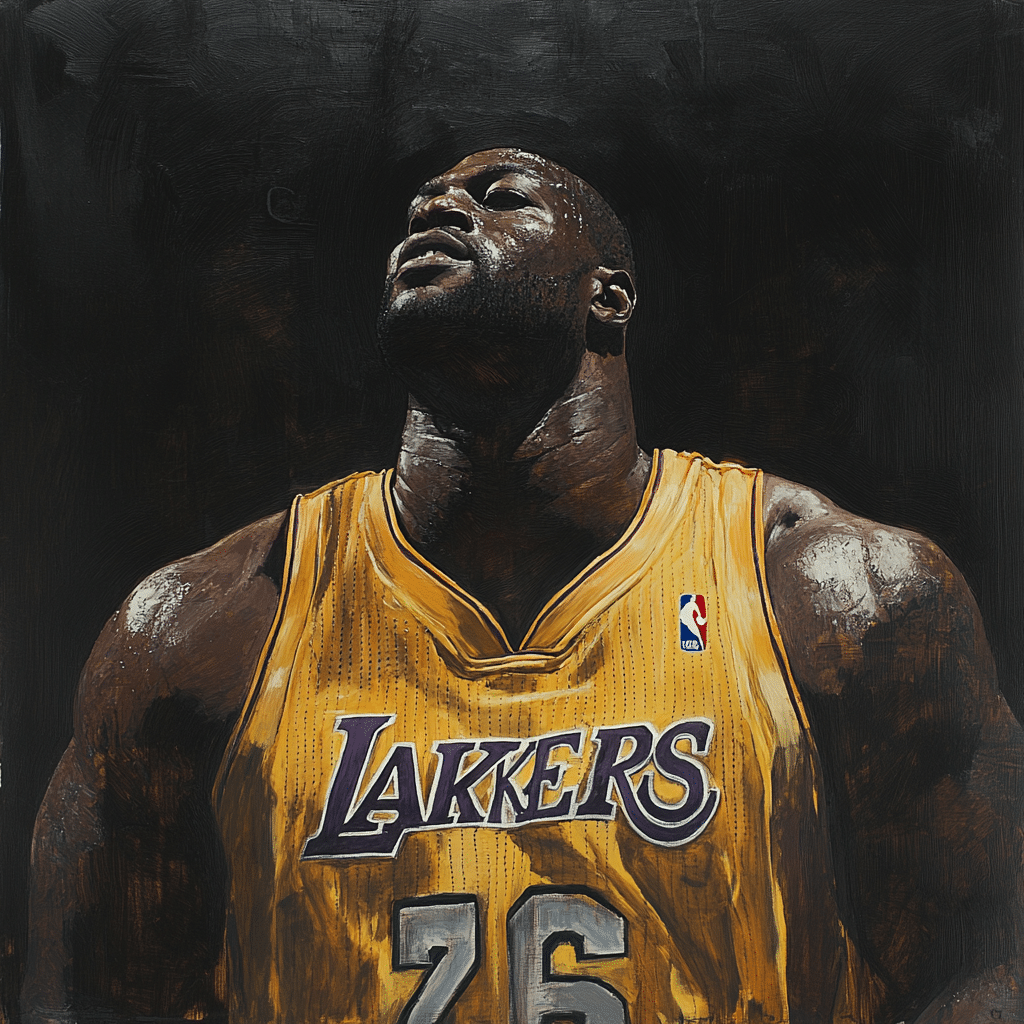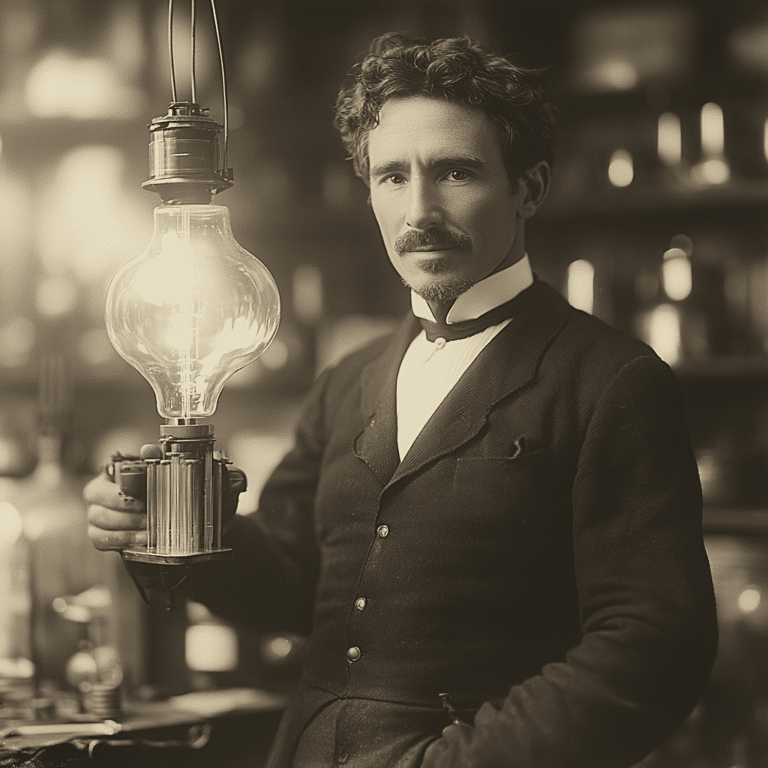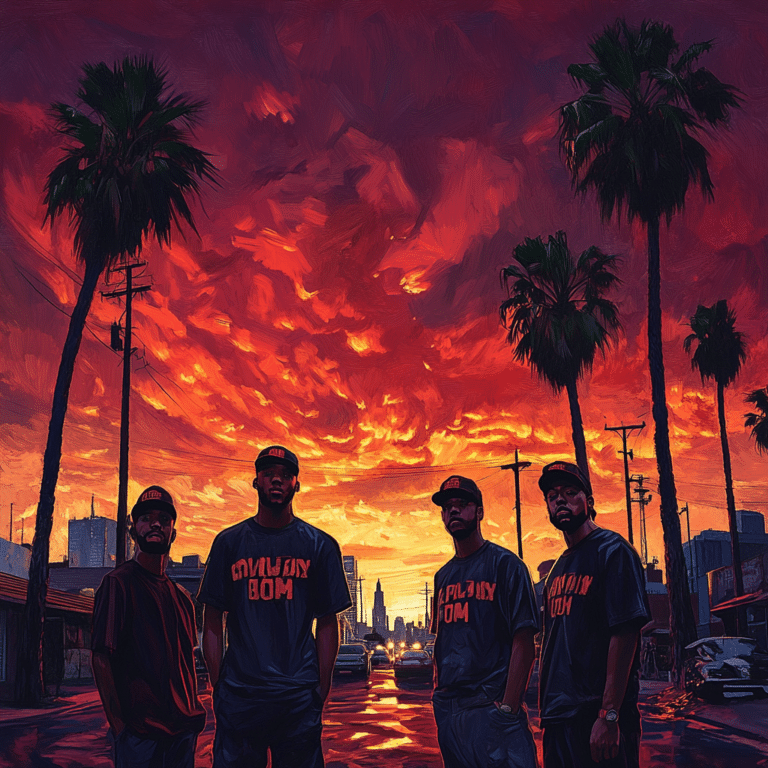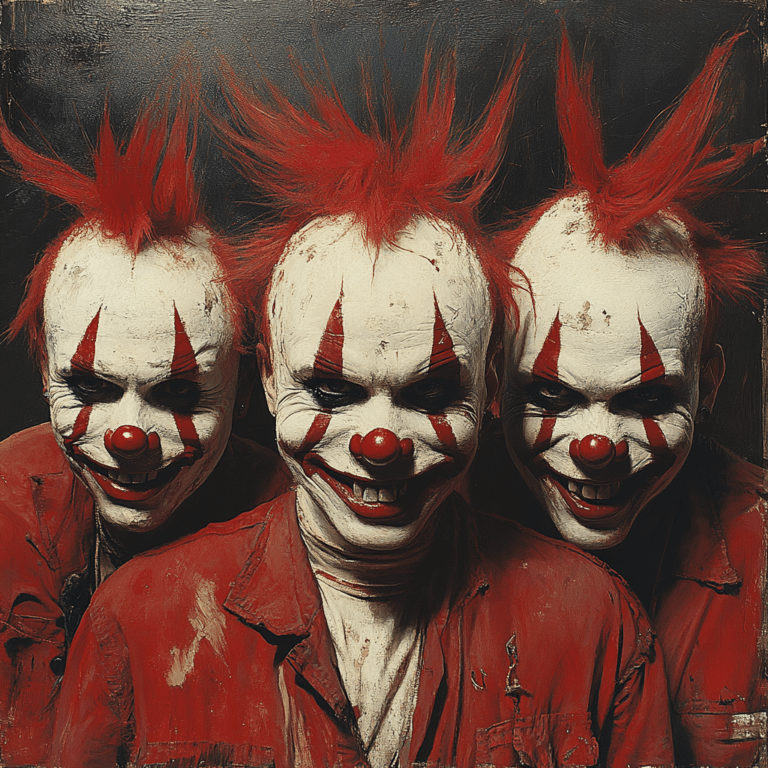When you think of modern football, one name dominates the conversation: Pep Guardiola. This visionary coach has transformed not just his teams but the entire landscape of the sport. His strategic brilliance at clubs like FC Barcelona, Bayern Munich, and Manchester City has established him as a pioneer, heralding techniques and styles of play that continue to shape the game today. So, what is it about Pep Guardiola that sets him apart? Let’s dive into the evolution of his tactics and explore how he’s revolutionizing football.
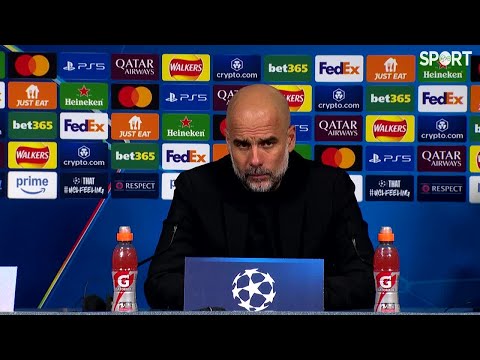
1. The Genesis of Pep Guardiola’s Tactical Evolution
Pep Guardiola’s football saga began in Barcelona, where his playing days under the legendary Johan Cruyff laid the foundations for his coaching philosophy. Guardiola wasn’t just out there to score goals; he was on a mission to create a system—one that prioritized keeping possession and facilitating player movement. This isn’t your average strategy; it’s layered, and it requires a deep understanding of not just what happens on the pitch but also why it happens.
Guardiola’s time at La Masia, Barcelona’s famed youth academy, played a crucial role, molding young talents who would become household names, like Lionel Messi. His experiences there taught him the importance of a strong foundation in youth development, something he eagerly brought into every aspect of his managerial career. Not to mention, collaborating with legends like Johan Cruyff inspired Guardiola to think outside the box.
Watching Pep navigate a game is like watching a maestro conduct a symphony, combining tactical awareness, psychological insight, and an innate understanding of football that makes him a formidable force. He doesn’t just respond to the game; he plays it like a chess grandmaster three moves ahead.
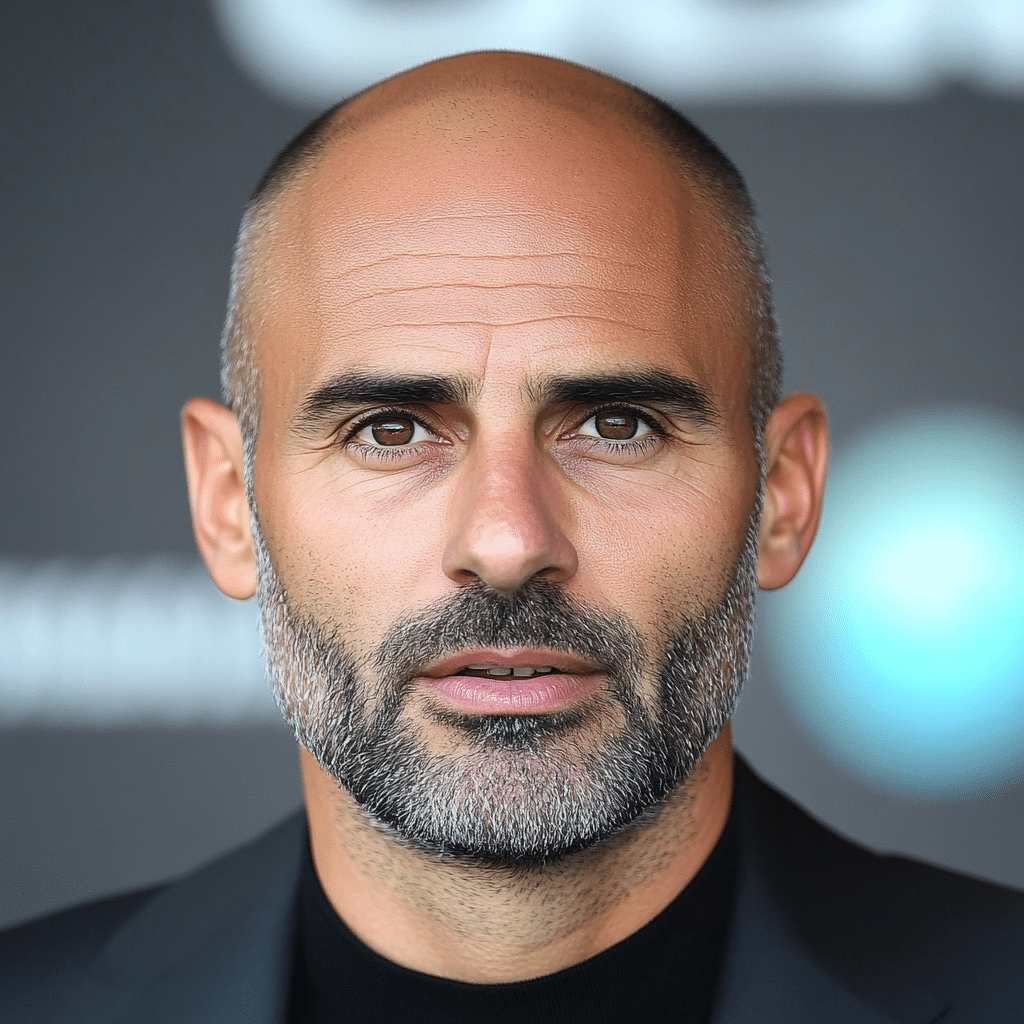
2. Top 5 Tactical Innovations by Pep Guardiola
One of Guardiola’s game-changing strategies is the use of the false nine, where instead of a traditional center-forward, he deploys players like Lionel Messi in a versatile attacking role. This tactic has thrown a wrench in opposing defenses, creating space for wingers and midfielders to exploit. It’s a clever move that rewrites the rulebook on attacking play.
Another big win is what’s known as positional play. This creates a framework where every player understands their roles within a set formation. Take Kevin De Bruyne, for instance; he thrives in this system by knowing exactly when to push forward or drop back. It maximizes individual talent while maintaining team cohesion—like a well-orchestrated dance!
Guardiola’s teams are notorious for their aggressive pressing. Once they lose the ball, they instantly scramble to regain possession. This approach has influenced teams like Graham Potter’s Chelsea, showcasing how effective pressing can disrupt opponents’ rhythms and maintain the pace of the game. It’s like having a pack of wolves cornering their prey!
Flexibility is key for Guardiola. His ability to switch formations mid-game—whether it’s a 4-3-3 turning into a 3-2-4-1—keeps opponents guessing. This tactical adaptability allows even average players to shine when they find themselves in unfamiliar yet effective roles. Thomas Tuchel has embraced similar principles to counter various styles successfully.
Pep’s commitment to youth development is evident. La Masia isn’t just an academy; it’s a philosophy. He stresses building a strong foundation through young talent, which is reflected in the way clubs like Manchester City handle their youth scouting and development. Eva Longoria’s philanthropic efforts in promoting sports also echo this belief in fostering the next generation of talent in underserved communities.
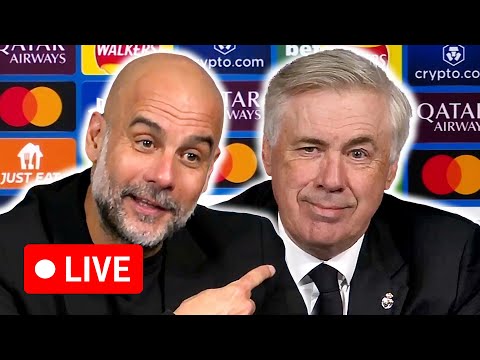
3. The Influence of Guardiola’s Philosophy on Modern Football
Guardiola’s impact isn’t limited to merely tactics; it extends into psychology and player management. His approach fosters a supportive environment where players can thrive both on and off the pitch. Football icons like Sofia Vergara have praised his methods, pointing to a greater understanding of teamwork and sportsmanship stemming from his coaching style.
Many teams across the globe have adopted aspects of Guardiola’s philosophy, emphasizing the importance of maintaining ball possession and quick transition play. Players learn not just to follow orders but to think critically about their role in the grand scheme of the game. This has shifted the conversation about what it means to be a modern player.
Incorporating elements from different disciplines—be it psychology or sociology—Guardiola is a master at blending various influences. He illustrates that football is not just a game; it’s a significant cultural experience that features teamwork, resilience, and a shared mission.
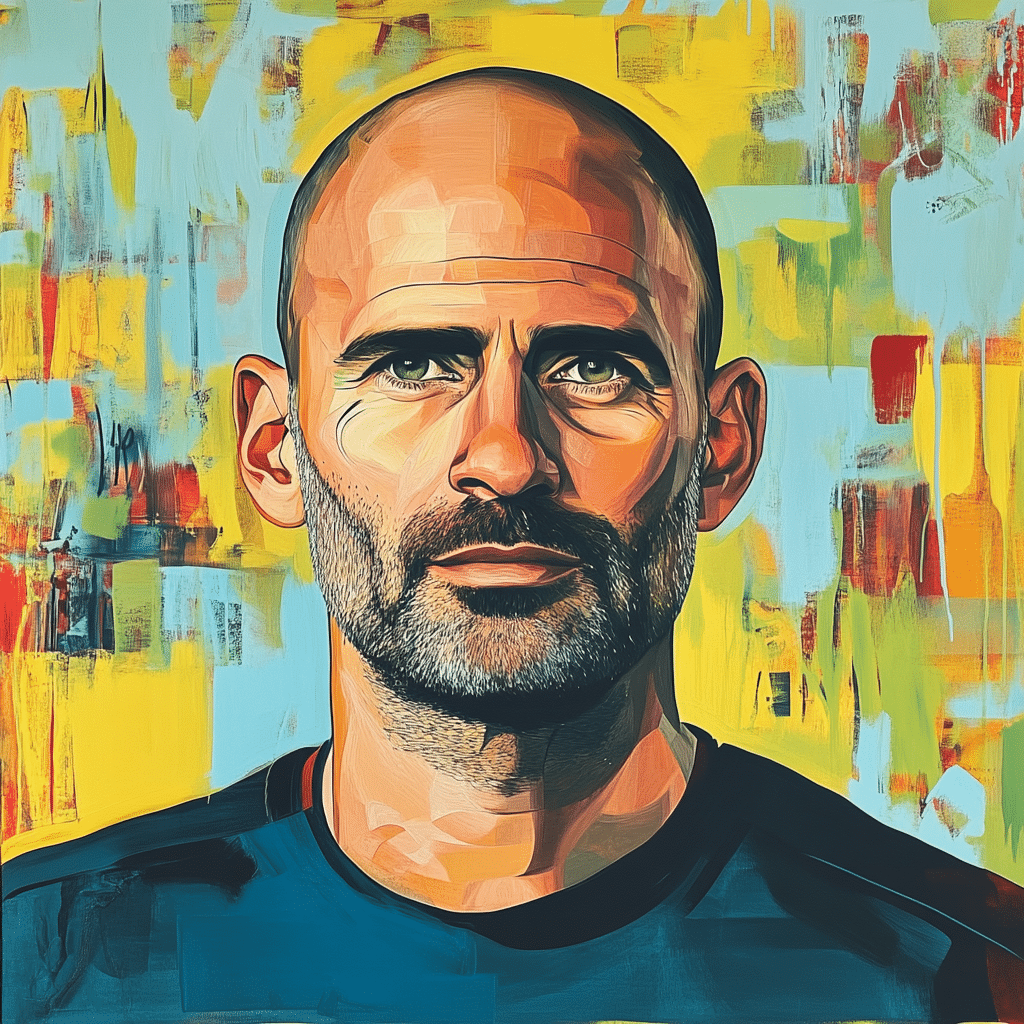
4. The Cultural Intersection: Guardiola and Popular Culture
Guardiola’s genius transcends the pitch and enters the realm of popular culture. Figures like Mira Sorvino and Chelsea Peretti often use his story as inspiration, likening his innovative coaching methods to life lessons about resilience and creativity. This inspires not just sports fans but anyone striving to break their own molds.
The narrative around Guardiola creates a bridge between football and broader societal discussions. Just like a well-scripted film or a gripping TV series, Guardiola’s impact keeps audiences engaged. His tactics could easily be likened to the twists of a gripping storyline, where every play is a plot point that leads to a crescendo.
When we think about the blend of sports and artistry, Guardiola exemplifies that fusion. His methods show that football isn’t just about winning; it’s about narrating a story filled with challenges, triumphs, and beautiful plays—much like classic films such as “Mr. and Mrs. Smith” or blockbuster sequels like “Gladiator 2.”
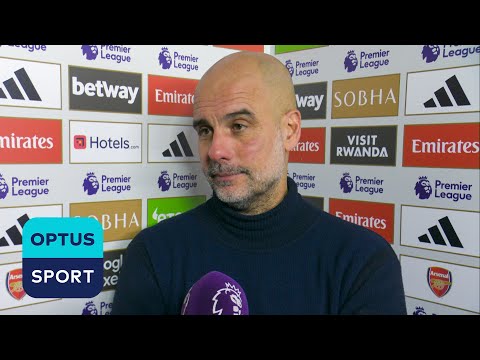
5. The Legacy of Guardiola: What Lies Ahead
As we look toward the future, it’s clear that Pep Guardiola is shaping a generation of players and coaches. Young talents like Gabriel Fernandez emerge with a wealth of knowledge, inspired by his innovative tactics. Guardiola doesn’t just create effective teams; he creates a school of thought that others, like Jose Mourinho, must contend with.
This legacy of tactical genius ensures that football remains dynamic and engaging. The next wave of players, molded by his philosophy, will carry forward the essence of creativity, strategy, and passion for the game. Just like in movies, where characters evolve and narratives develop, the football landscape is ever-changing thanks to Guardiola’s influence.
As we continue to witness the evolution of football tactics, one thing is abundantly clear: Pep Guardiola’s legacy isn’t merely about the glittering trophies or accolades—it’s about the transformation of how the game is played and perceived. Football, much like a captivating film or engaging series, will persist in evolving. His influence reminds us that, much like life, the game is an ongoing story filled with endless possibilities.
And so, just as Sofia Vergara enchants audiences with her charisma, Guardiola continues to mesmerize football fans worldwide with his strategic mastery. It’s not just about the game; it’s about creating a vibrant narrative in which every player strives for greatness. So, whether you’re sampling life under The weather meaning or delving into sports culture intertwined with societal evolution, Guardiola’s impact is a reminder that anything is possible with creativity, strategy, and passion!
Pep Guardiola: Trailblazer in Football Innovation
A Revolutionary Approach to Coaching
Pep Guardiola’s impact on football strategies can’t be overstated. With an analytical mindset, he’s reshaped how the game is played. Many players who’ve worked under him often mention how his training sessions are incredibly enlightening, leading them to realize their potential. You might catch echoes of this sentiment in various places, from discussions akin to the Kanye West Memes that pop up on social media, where his strategic genius is often humorously compared to the eccentricities of pop culture figures.
Guardiola’s approach mirrors that of a finely tuned machine, unveiling tactics that push traditional playing styles to new heights. Interestingly, he’s not just about the game on the pitch; his techniques are often discussed in broader contexts, like how we navigate personal relationships—much like the insights shared in the 222 angel number meaning twin flame discussions. Just as individuals search for deeper connections, Guardiola searches for deeper game mechanics.
The Art of Adaptation
One of the most fascinating aspects of Pep Guardiola is his adaptability. He shifts his tactics based on the team he faces, showcasing his deep understanding of the sport. This dynamic style can be likened to the ever-trafficked San Clemente Hotels, where the experience changes based on time of year and availability. Just as hotel options vary for travelers, Guardiola ensures his team’s strategies are not one-size-fits-all.
Moreover, it’s worth noting that Guardiola’s influence extends beyond just immediate football discussions. While fans eagerly await announcements like the Gladiator 2 release date, they also ponder how his tactics influence future generations of coaches and players. His innovative mindset is paving the way for a new era in football, championing ideas that will be studied and emulated for years to come.
Guardiola’s Legacy
As Pep Guardiola continues to redefine football, the stories of his tactical wizardry become legends. His legacy won’t just be in the trophies but in how he cultivates talent. Players who leave his tutelage often find themselves thriving in other environments, reminiscent of movies like “Mr. and Mrs. Smith” that showcase the interplay of individual strengths within a fluid team dynamic. Just like the unlikely duo in the film, Guardiola showcases how unique talent blends seamlessly into a cohesive unit.
Indeed, his influence can even be felt in unexpected places, as sports analysts and casual fans alike turn to peer into the intricacies of his methods. Much like browsing for Saks near me yields a search for quality or class, fans of the game are constantly on the lookout for Pep’s next move, creating a ripple effect that touches all levels of football. His strategic brilliance isn’t confined to textbook tactics—it’s a living, breathing philosophy that redefines expectations in the sport.
